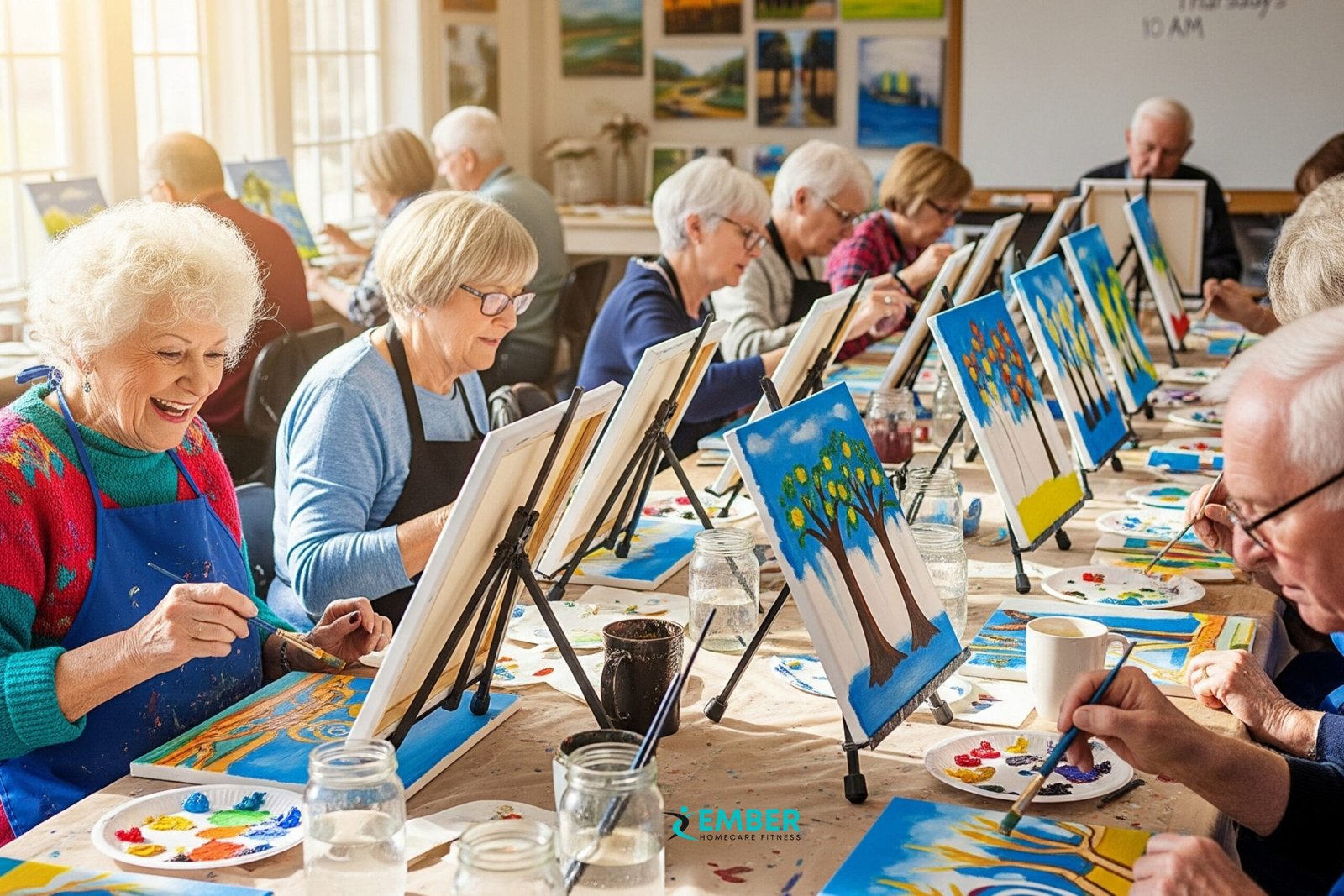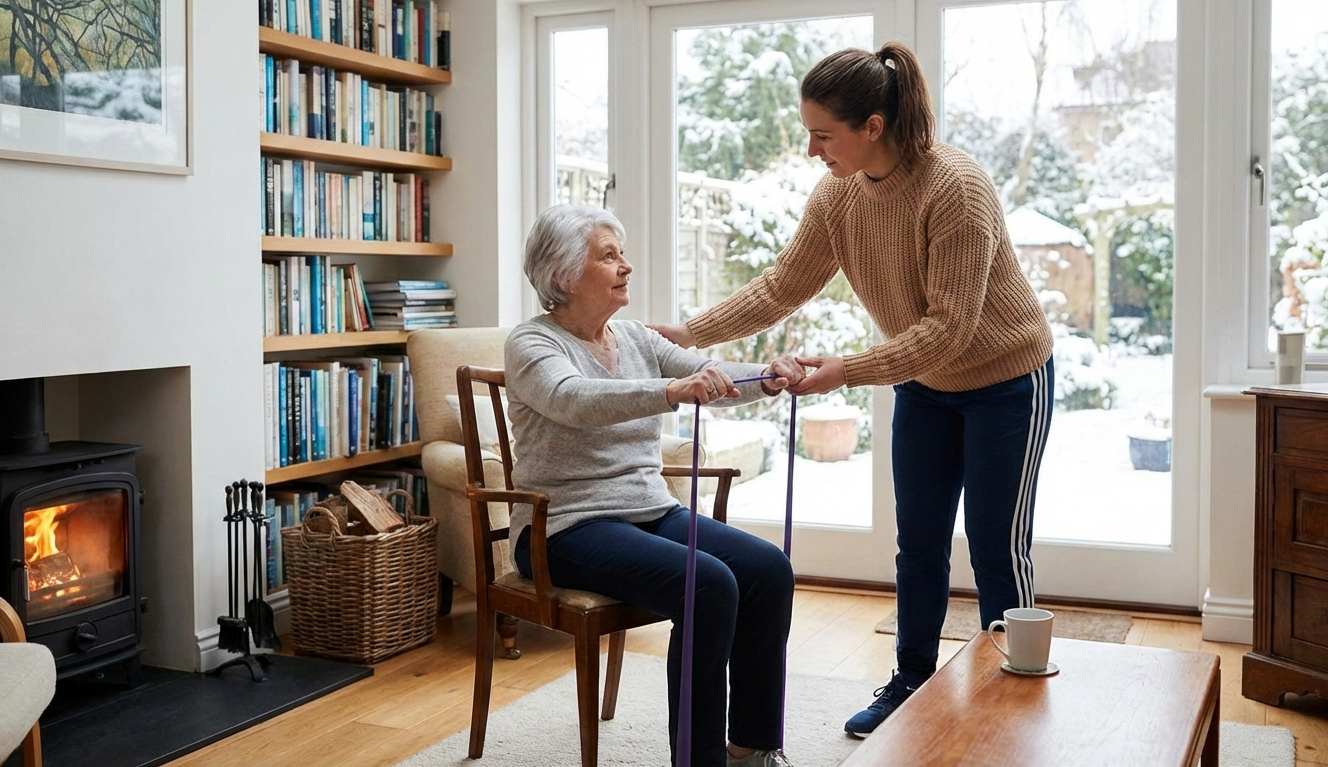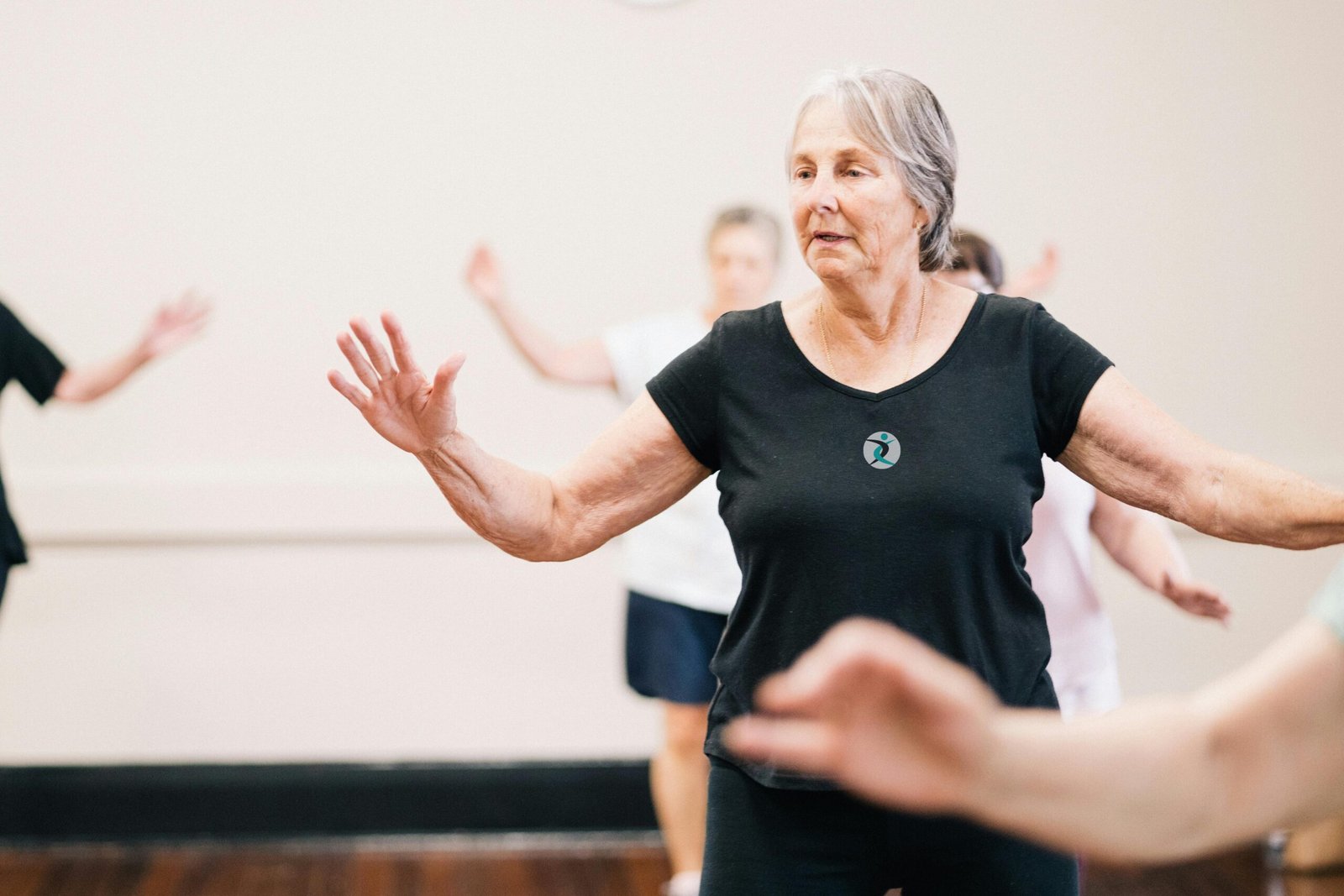Understanding Loneliness in Retirement
Combating Loneliness isn’t as easy as we all think. Loneliness is a complex emotional state characterized by a feeling of disconnection and lack of companionship. It is particularly pervasive among retirees, where the transition from a structured work life to an unstructured home life can induce feelings of isolation. The psychological effects of loneliness are profound; it can lead to increased anxiety, depression, and a decline in overall well-being.
One significant contributor to loneliness among retirees is the loss of professional identity. For many, their careers define a considerable part of their self-worth and social interactions. The abrupt end to daily work relationships can create a void that is challenging to fill, leading to feelings of purposelessness and social withdrawal.
Furthermore, social interactions often decrease with age. Retirees may find themselves socially isolated due to friends moving away, family dispersing, or mobility limitations. In many cases, communities may not provide adequate opportunities for social engagement, exacerbating feelings of being disconnected. Life changes like the death of a spouse or friends can further isolate individuals, making it harder to forge new connections.
Changes in living situations can also play a pivotal role in feelings of loneliness. Moving to a new home, especially one without established social networks, can intensify feelings of alienation. The transition can be daunting, and adapting to new environments may take time, leaving retirees feeling lonely during this adjustment period.
The Importance of Social Connections
Social connections play a pivotal role in enhancing the quality of life for retirees. Establishing and maintaining meaningful relationships can significantly counteract feelings of isolation, fostering a sense of belonging and community. Research has consistently shown that strong social ties contribute positively to both mental and physical health.
Engaging with others can also stimulate cognitive function, enhancing memory and thinking skills. Socializing often involves various cognitive challenges, from remembering names to engaging in meaningful conversations, which can help prevent cognitive decline. People who maintain active social lives often report better overall health, including a lower risk of chronic diseases.
Additionally, social engagement provides essential support systems. Whether through community groups, clubs, or volunteer opportunities, activities that encourage social participation can create a network of support that fosters resilience and a fulfilling sense of purpose.
Identifying Personal Interests and Hobbies
Retirement presents a unique opportunity to reflect on personal interests and hobbies. Discovering and cultivating these passions can serve as a gateway to social interactions. Reflect on activities you enjoyed before retirement and analyze what aspects brought you fulfillment and joy.
In addition to past activities, be encouraged to explore new interests. Taking a class, attending workshops, or participating in community events can expose you to various options you may have never considered. This exploration can lead to discovering untapped passions and rich opportunities for meeting like-minded individuals.
Joining clubs or groups dedicated to specific interests is also advantageous. Many local community centers, libraries, and online platforms offer a plethora of classes and clubs that cater to various hobbies, such as gardening, painting, or book clubs. These group activities provide a structured environment to foster new friendships.

Leveraging Community Resources
Local senior centers serve as a focal point for numerous activities, providing a welcoming atmosphere where older adults can participate in social events, classes, and recreational opportunities. Activities may range from art workshops to fitness classes, enabling seniors to meet like-minded individuals.
Public libraries are also valuable resources. Many offer programs specifically designed for older adults, such as book clubs, educational seminars, and technology training sessions. These events not only promote learning but also provide a platform for individuals to connect and share experiences.
Community colleges play a crucial role by offering a variety of classes tailored to older adult learners. Enrolling in courses in arts, languages, or personal development can facilitate interactions with instructors and fellow students, paving the way for new friendships.
Volunteering as a Means of Connection
Volunteering presents a valuable opportunity to combat loneliness while enhancing one’s sense of purpose. Engaging in volunteer work allows retirees to contribute positively to their communities and opens avenues for making new friends.

There are numerous volunteering opportunities to suit varied interests and skills. Local charities often seek assistance with tasks ranging from fundraising to direct service. Seniors can also consider joining organizations that provide mentoring programs for youth, sharing their knowledge and experience.
Engaging in volunteer work is an impactful solution for enhancing happiness. Research has shown that individuals who volunteer regularly often report increased levels of life satisfaction and emotional well-being, as they derive a sense of accomplishment from their contributions.
Utilizing Technology to Stay Connected
In today’s digital age, technology has become a vital ally in combating loneliness. By leveraging tools such as social media, video calls, and online communities, older adults can maintain and even enhance their social networks.

Social media platforms like Facebook, Twitter, and Instagram allow retirees to connect with loved ones and engage with broader communities. Joining groups that align with personal interests further promotes interaction.
Video calling applications like Zoom, Skype, or FaceTime provide an interactive means of communication that can replicate the feeling of being together. Regular video calls facilitate deeper conversations and enhance emotional connections.
For those unfamiliar with technology, many community centers and libraries offer classes designed for older adults. Online tutorials are also widely available, providing step-by-step instructions.
Joining Clubs and Groups
Joining clubs and groups is an effective way to combat loneliness. These organized gatherings unite individuals with similar hobbies, creating an environment conducive to building friendships. The options are diverse, from book clubs and gardening societies to hiking groups and sports teams.
Finding suitable clubs can be as simple as exploring local community centers, libraries, or online platforms like Meetup. It is essential to seek out settings that align with both your interests and your preferred socialization style.
Participating in these clubs has multifaceted benefits. Such engagements allow retirees to meet new people, share experiences, and offer mutual support, nurturing a sense of belonging and enhancing overall well-being.
Building and Maintaining Relationships
Once you have established connections, it is crucial to invest time and energy into nurturing these relationships. Effective communication is foundational for strengthening bonds. Engage in open dialogues and regular check-ins through phone calls, texts, or in-person visits.
Intentionality plays a vital role. Plan social activities to interact and bond over shared interests. This could range from simple outings like walking in a park to more structured activities like joining clubs.
Leveraging technology can also enhance relationship maintenance. Video calls and social media can bridge geographical gaps, allowing for real-time interaction regardless of distance.
Taking Small Steps Towards Connection
Acknowledging the challenge of loneliness is the first step. When revitalizing your social life feels overwhelming, embrace small, manageable steps to ease the transition.
Initiating casual conversations with neighbors is an effective starting point. A simple greeting can serve as a catalyst for deeper connections. Over time, these brief interactions can evolve into more substantial conversations.
Another practical approach is to attend local events like farmers’ markets, art shows, and concerts. Participation in such gatherings provides an opportunity to mingle and engenders a sense of belonging.
Joining meetup groups based on hobbies is another positive step. Websites and apps provide a platform for people to connect over shared passions. Finding the courage to step out and join these groups can cultivate a sense of enjoyment in socializing.





